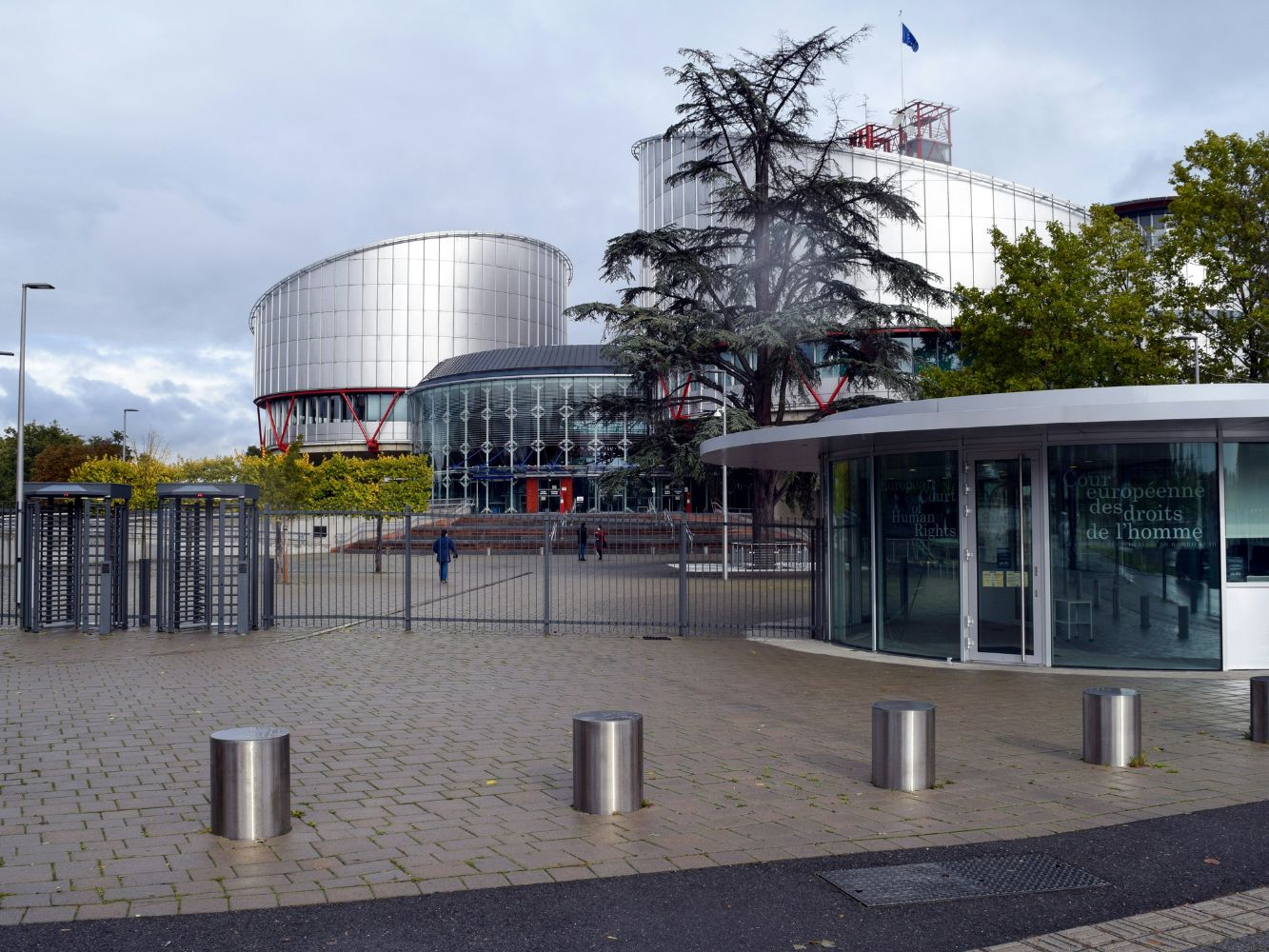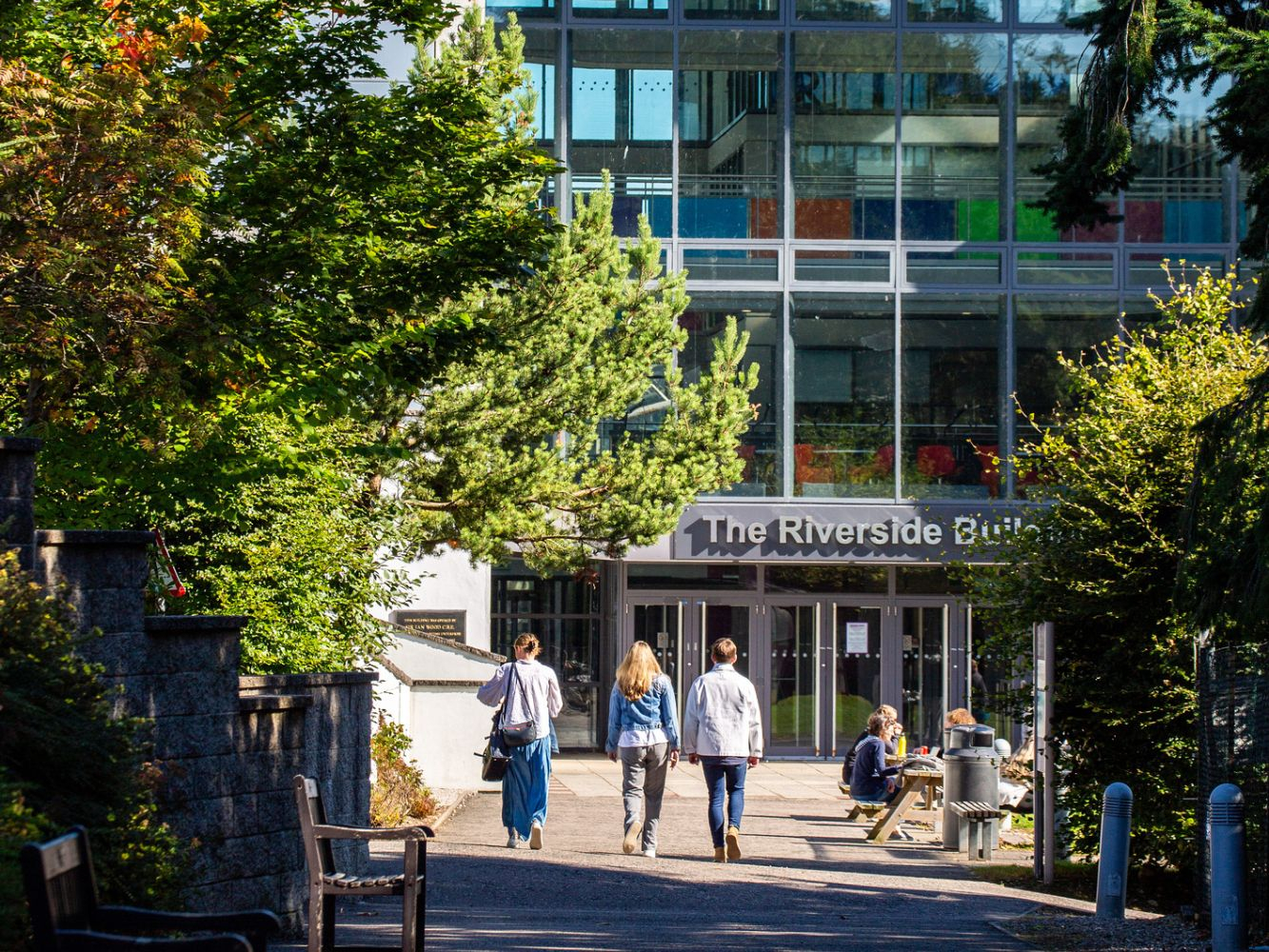Opinion: Human Rights Scare Stories Don’t Stand up to Real Scrutiny
Thursday 06 November 2025

The current system of UK human rights is under threat. Both the Conservative and Reform parties have announced that they will withdraw from the European Convention on Human Rights if they form a government. Labour, while not going that far, has also advocated changes with the Prime Minister saying that his government will look again at the application of the convention.
Significant changes to the present system are not needed. Instead, efforts at protecting it must be redoubled.
The reasons behind the clamour for change are political. Mirroring arguments in favour of Brexit, a case for denouncing the convention has been concocted in order to garner support within certain demographics.
Railing against human rights is an easy and convenient way to create a dichotomy of us and them – the UK and Europe, liberals and conservatives, and British citizens and foreigners. It is attractive in its simplicity.
Casting human rights as a problem gives rise to a clear solution and obscures important societal issues facing the country. That solution is to withdraw from the leading system of regional human protection in the world today. Focusing upon human rights deflects attention from inequality, deprivation, education, health and other truly important subjects.
A notable aspect of the case against human rights has been misrepresentation. Indeed, the breadth of misinformation is astounding. A report published in September by the Bonavero Institute of Human Rights at the University of Oxford examined 379 media reports about the convention in an immigration context. It found many to be misleading and based upon misconceptions.
A high-profile instance was the story that a foreign national offender resisted deportation on human rights grounds because his son disliked foreign chicken nuggets. The report found that while the offender successfully challenged deportation, it was for other reasons. And, notably, that the decision in his favour was overturned on appeal. Regardless, stories referencing chicken nuggets and human rights persisted.
In a general sense, the report found that the convention has been characterised as giving foreigners the right to live in the UK and providing them with a right to asylum or citizenship. These are simply not true.
The role of the European Court of Human Rights was also widely misrepresented. Contrary to the tenor of a number of media stories, successful cases against the UK are rare. In fact, a UK deportation decision was found to violate human rights in only 13 cases over the last 45 years.
UK human rights law protects persons within the jurisdiction of the country from certain acts of government. Those acts include inhuman treatment and punishment, the wrongful deprivation of liberty, unfair trials, and unjustified interference with privacy, family life, expression and association. These protections apply equally to everyone. Whether born in the UK or abroad, rich or poor, black or white, or asylum seeker or prisoner.
The ultimate purpose of human rights is to prevent egregious and unwarranted interference with the societal freedoms of persons. They limit governmental power and require that interference with the liberties of citizens and residents be justified and proportionate.
More specifically, human rights provide protection from the actions of public authorities – which means the state in all its manifestations – including the UK, Scottish and local governments, the police, NHS, courts, universities, schools and many more.
Where a public authority wants to interfere with certain human rights, it must have a good reason to do so, and that reason must be proportionate to the extent one’s rights are affected. This is an important point.
The law allows interference with human rights if justified. Few could argue, for example, that the prohibition of child pornography and imprisonment for such serious offences are not proper functions of the law.
UK human rights, found in the Human Rights Act 1998, are based upon the convention. That treaty has been ratified by 46 countries across Europe. Those countries, within the organisation called the Council of Europe, have a combined population of more than 700 million people.
The organisation was formed after the Second World War to provide protection to the populations of European countries and promote human rights, democracy and the rule of law. The UK itself played a leading role in drafting the convention.
That treaty created the European Court of Human Rights. It provides a degree of international supervision of the UK’s activities. Notably, the convention and court are not part of the UK’s legal system. Whilst they undoubtedly have an impact, the UK retains some discretion in applying and interpreting the rules.
A further important point is that the UK does not have a single written constitution. This is unusual, almost all other countries have such a document. Constitutions stipulate what a government or parliament can and cannot do. Human rights protection assumes a greater importance in the absence of explicit constitutional constraints.
Such is the accepted importance of human rights that the UK’s continued adherence to the convention is a feature of the 1998 Good Friday Agreement affecting Northern Ireland and the 2020 UK-EU Trade and Co-operation Agreement. An end to the UK’s membership would put the future of these agreements at risk.
If the UK left the convention, its standing in Europe and around the world as a liberal democracy would suffer a considerable blow. Constraints upon public authorities would be lessened.
Significantly, everyone within the country would be further exposed to the capriciousness, extremism and incompetence of the politicians and public servants of the day.
This piece originally featured in The Scotsman on 4 November 2025.


